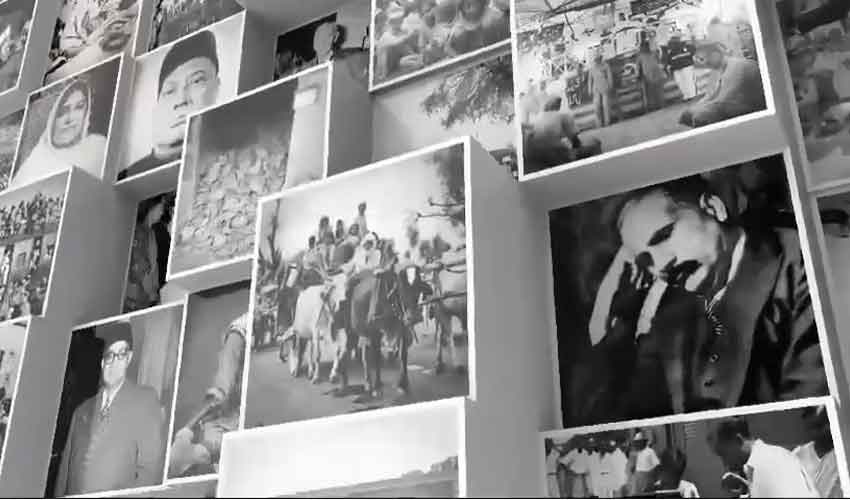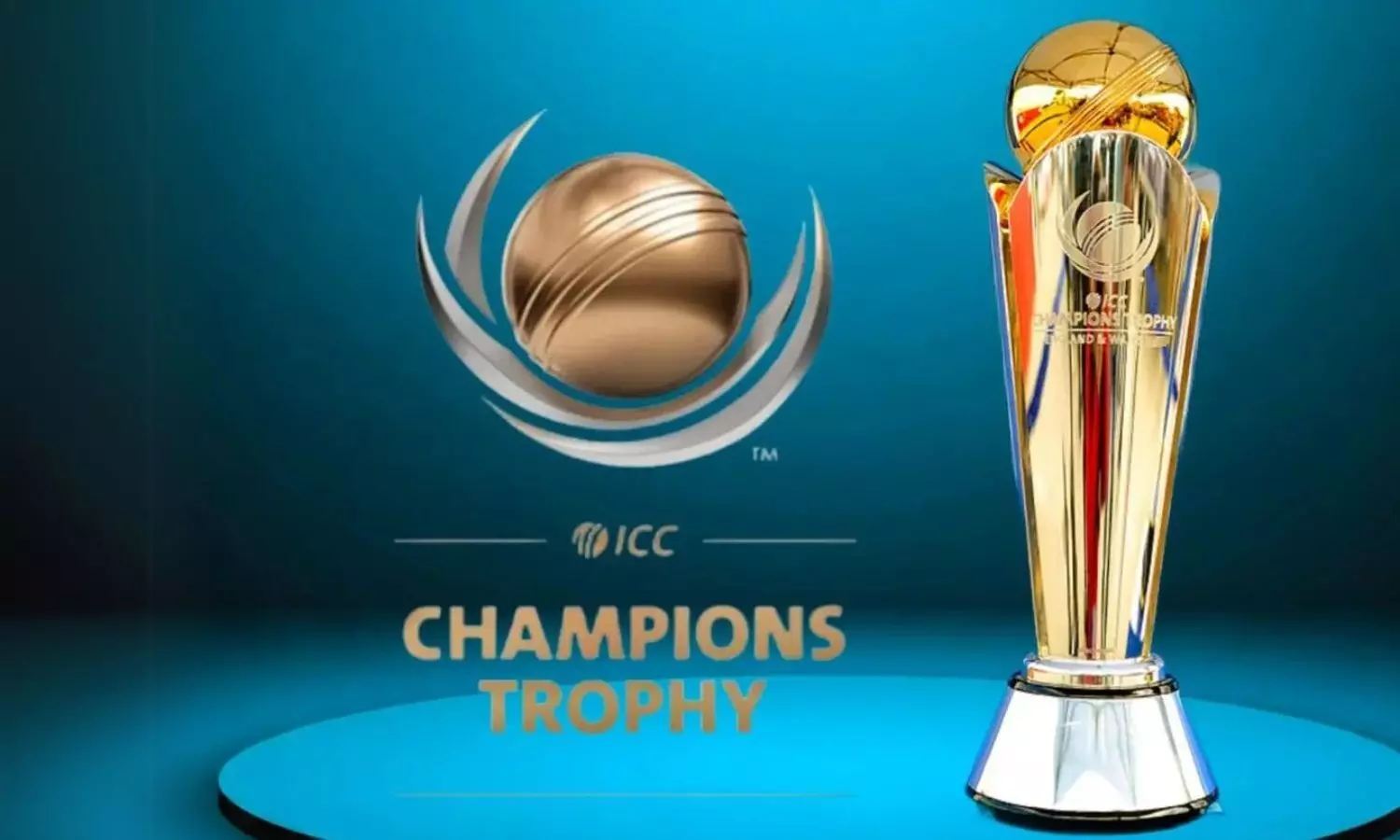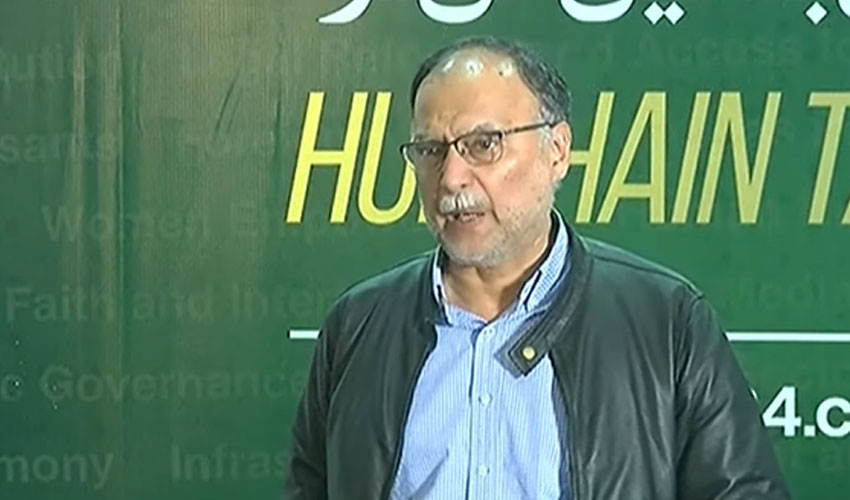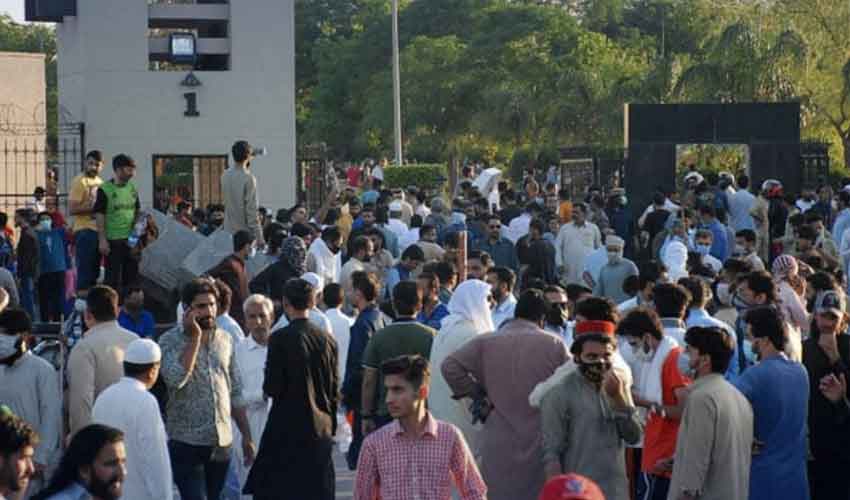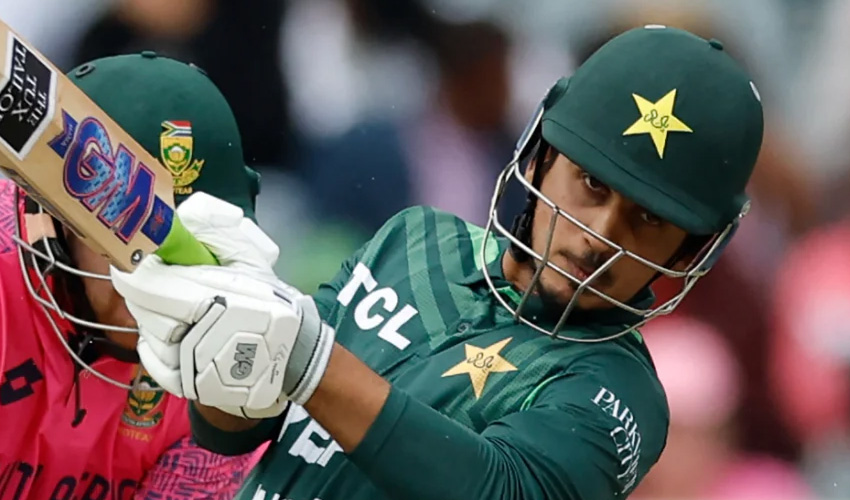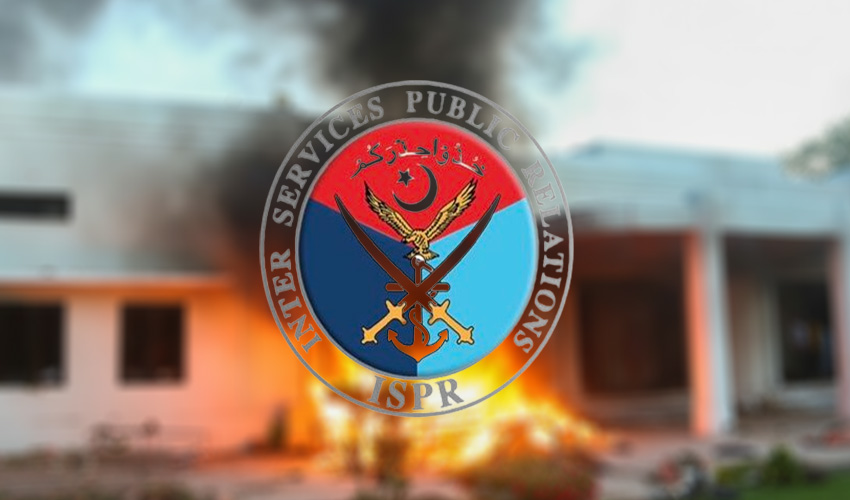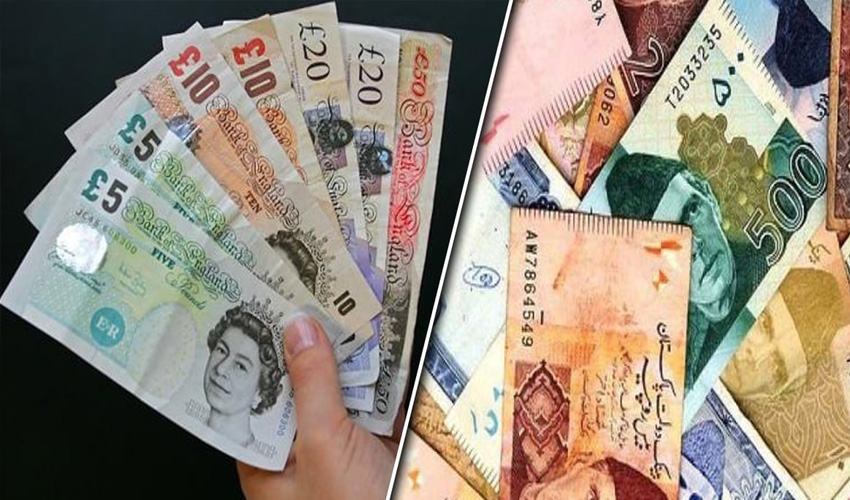The history of Pakistan’s formation is a profound narrative of struggle and sacrifice, marked by contrasting treatment of Muslims and Hindus during the pre-independence era.
Eyewitness accounts and historical records reveal the challenges faced by Muslims, which made the quest for a separate state an inevitable outcome.
Before the partition, the treatment of Muslims by Hindus was significantly disparate. In Hindu-majority areas, Muslims experienced severe oppression and injustice, which made life increasingly difficult and precarious. This stark contrast in treatment led to heightened tensions and a growing sense of urgency among Muslims to seek a separate state.
Fateh Muhammad Malik, an eyewitness to the migration and partition, provides crucial insights into this period. Malik recounts how Muslims in areas with a Muslim majority extended kindness and support to Hindus and Sikhs, offering fruits and dry fruits as a gesture of goodwill. This mutual respect contrasted sharply with the situation in Hindu-majority regions, where Muslims faced severe oppression.
Malik's observations also highlight the destruction of mosques and the persecution of Muslims, reflecting the harsh realities faced during this turbulent time. The oppression experienced by Muslims in these areas further fuelled the desire for a separate nation, as the conditions for peaceful coexistence seemed increasingly unattainable.
The dream of a separate state, as envisioned by philosopher Allama Iqbal, was realized through tremendous sacrifice and struggle. The establishment of Pakistan marked the culmination of efforts to provide Muslims with a homeland where they could live free from oppression and injustice.
The formation of Pakistan was not merely the creation of a new state but the realization of a vision for a nation where the principles of equality and justice could be upheld. The sacrifices made during this period underscore the determination and resilience of those who fought for a better future.





